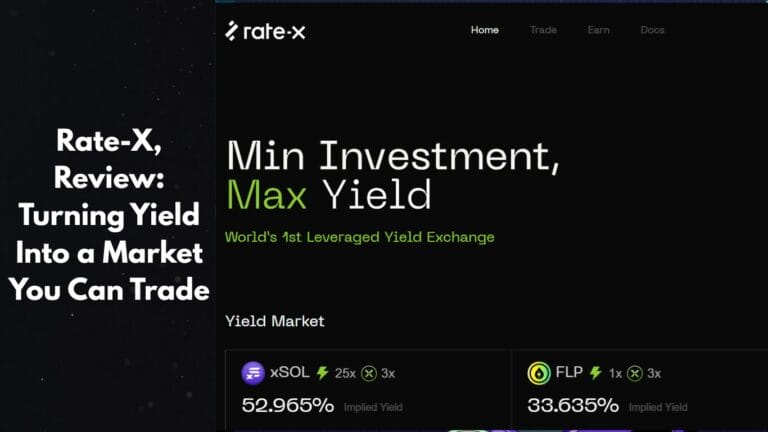Key Takeaways
- HKMA and BDF will explore the interoperability of their respective CBDC infrastructures to enhance cross-border transaction settlement efficiency.
- The primary focus of the collaboration is on real-time cross-border and cross-currency payments.
Countries around the world are warming upto the concept of Central Bank Digital Currency (CBDC) and are taking active efforts to introduce them. The latest countries to join in on the CBDC bandwagon are Hong Kong and France
In a significant step towards advancing digital currency initiatives, the Banque de France (BDF) and the Hong Kong Monetary Authority (HKMA) have signed a Memorandum of Understanding (MoU) for bilateral collaboration on wholesale central bank digital currency (CBDC) and tokenization.
The HKMA and BDF will explore the interoperability of their respective CBDC infrastructures to enhance cross-border transaction settlement efficiency. The BDF has already established its infrastructure, known as DL3S, for the introduction of a CBDC. Meanwhile, the HKMA will utilize its Project Ensemble sandbox for further research.
Launched in March, Project Ensemble aims to study asset tokenization and develop a supporting CBDC. The HKMA has created an Architecture Community that includes Hong Kong regulators, the Bank for International Settlements (BIS), major local banks, HashKey crypto exchange, Ant Digital Technologies, and Microsoft Hong Kong. Research and testing for Project Ensemble began mid-year.
The primary focus of the collaboration is on real-time cross-border and cross-currency payments. The two central banking institutions will examine how to optimize settlement efficiency for cross-border transactions and facilitate interoperability between financial market infrastructures across different jurisdictions.
As per the official statement, the BDF and the HKMA have committed to strengthening communication and collaboration. They aim to lay the groundwork for further efforts in tokenization and the development of new technologies.
Denis Beau, First Deputy Governor of the BDF, expressed optimism about the cooperation: “The HKMA’s recent announcement for the launch of Project Ensemble was very timely to initiate this cooperation. We look forward to further testing our DL3S platform in this context.”
The BDF and HKMA are also involved in other collaborative projects. Recently, the HKMA joined the European Central Bank’s second wave of participants in its distributed ledger technology testing, which focuses on the interoperability of blockchain modules for settling tokenized government bonds.
Additionally, the BDF serves as an observer in Project mBridge, the largest CBDC-related project to date, while the HKMA is one of its original participants. Hong Kong’s own CBDC, the e-HKD, has been under development since 2021 and is currently in the second phase of its pilot program. The HKMA has been particularly active in researching CBDC applications.
In collaboration with the BIS, the HKMA tested a retail e-HKD with a complex structure as part of Project Aurum. Furthermore, the HKMA has engaged in projects with the BIS and the United Nations to develop tokenized “green” bonds, and it has partnered with Ripple and Visa to explore real estate tokenization.
Several countries including India and China, running pilot programs to assess the viability of CBDCs. CBDCs have already been launched in the Bahamas, Nigeria, and Jamaica among others. The International Monetary Fund has dubbed CBDCs as “a safe and low-cost alternative” to cash, with almost 60% of countries in the world exploring CBDCs.
While CBDCs are gaining positive traction across the world, some states are also wary of CBDCs. Earlier this week, the US State of North Carolina passed a bill prohibiting state agencies and courts from accepting payments using CBDC.








